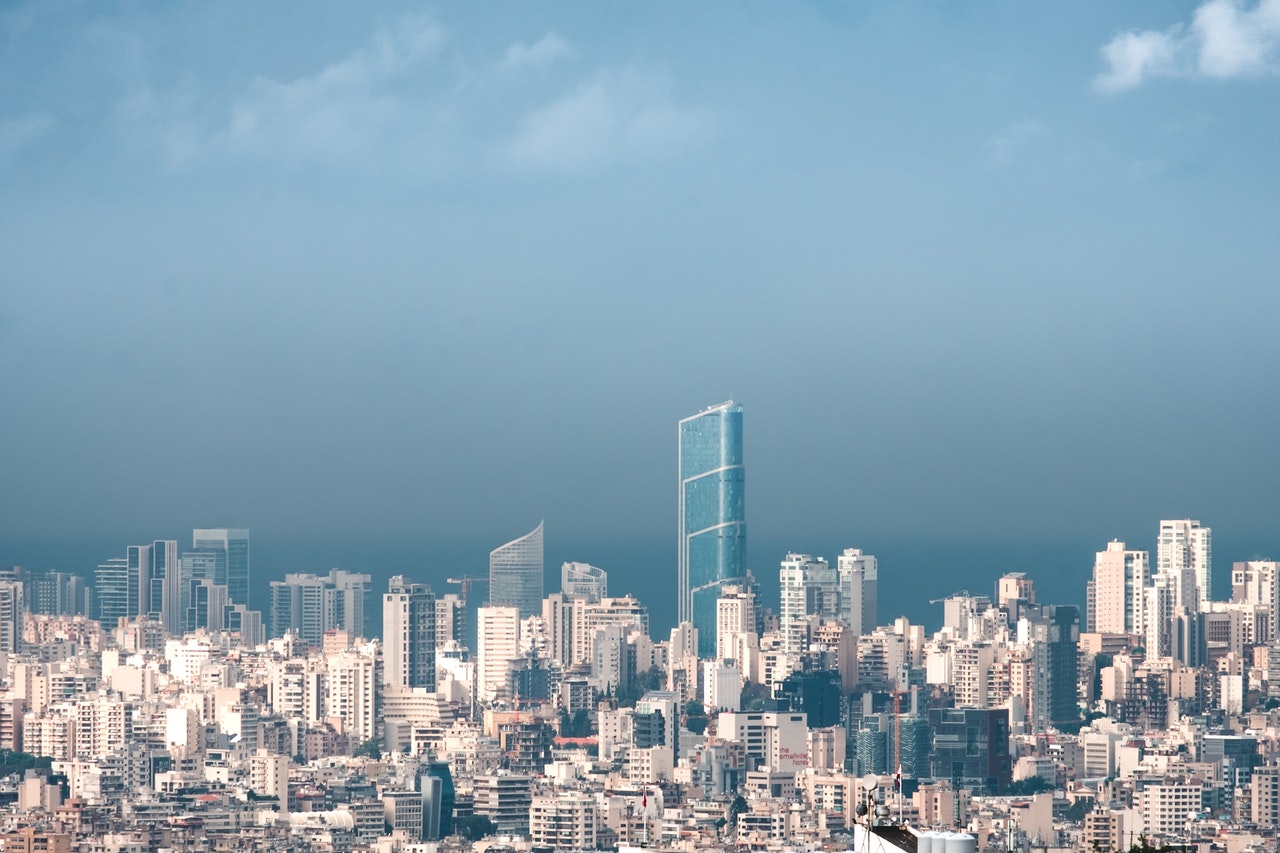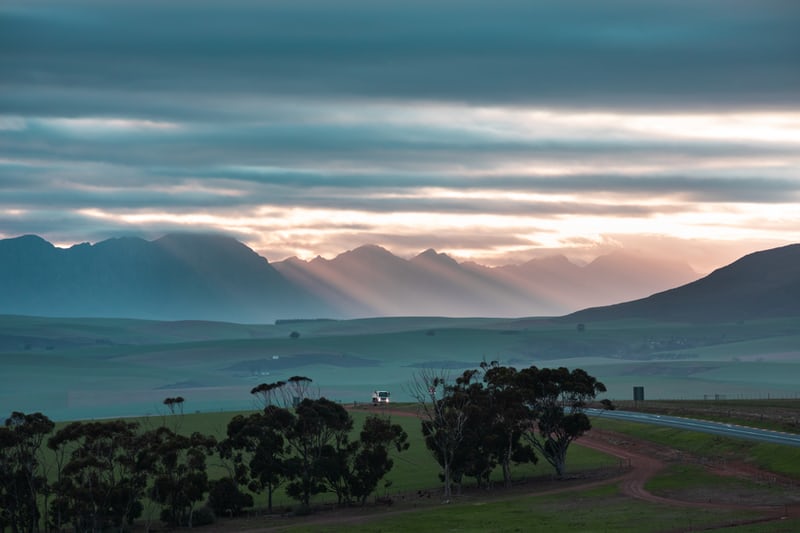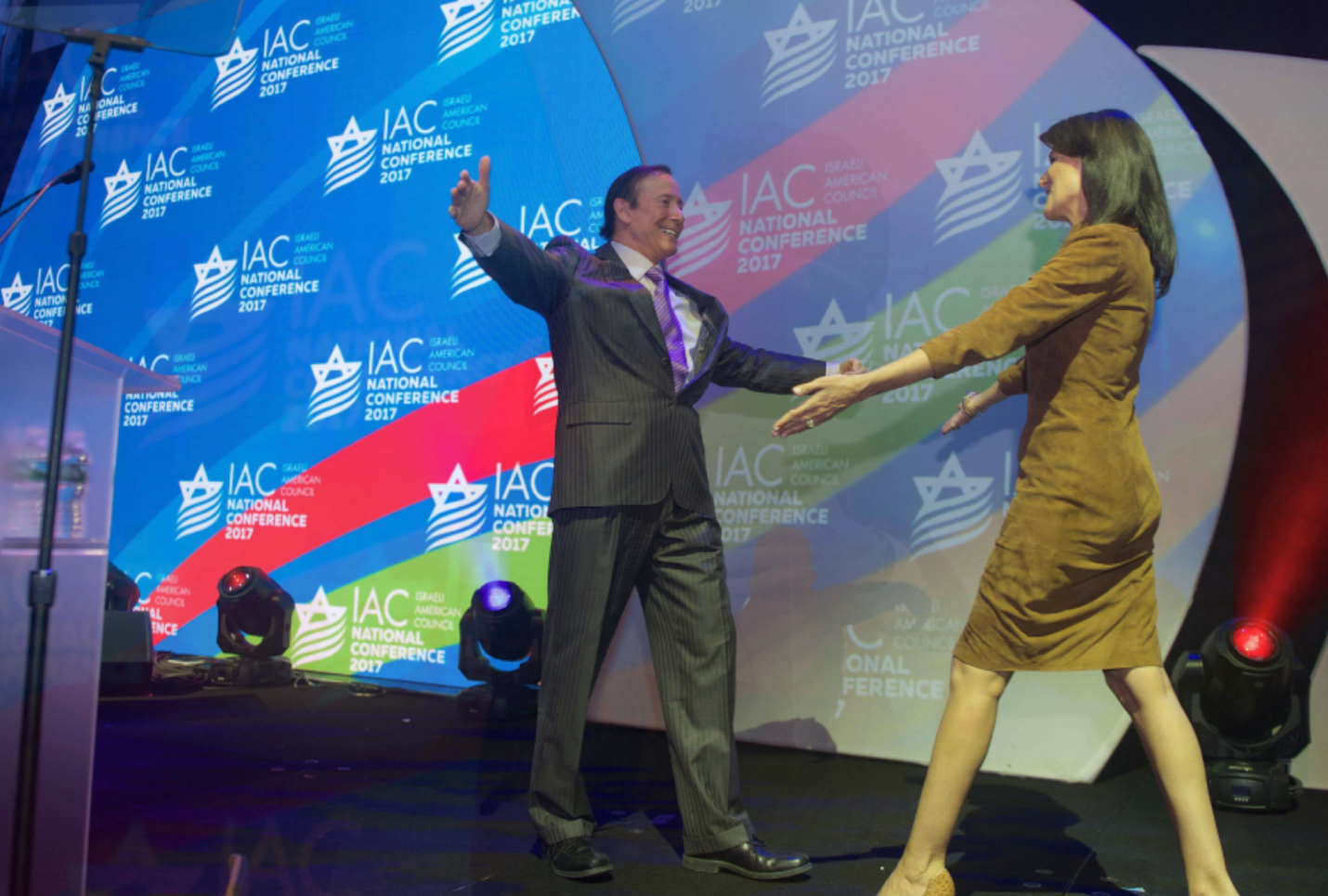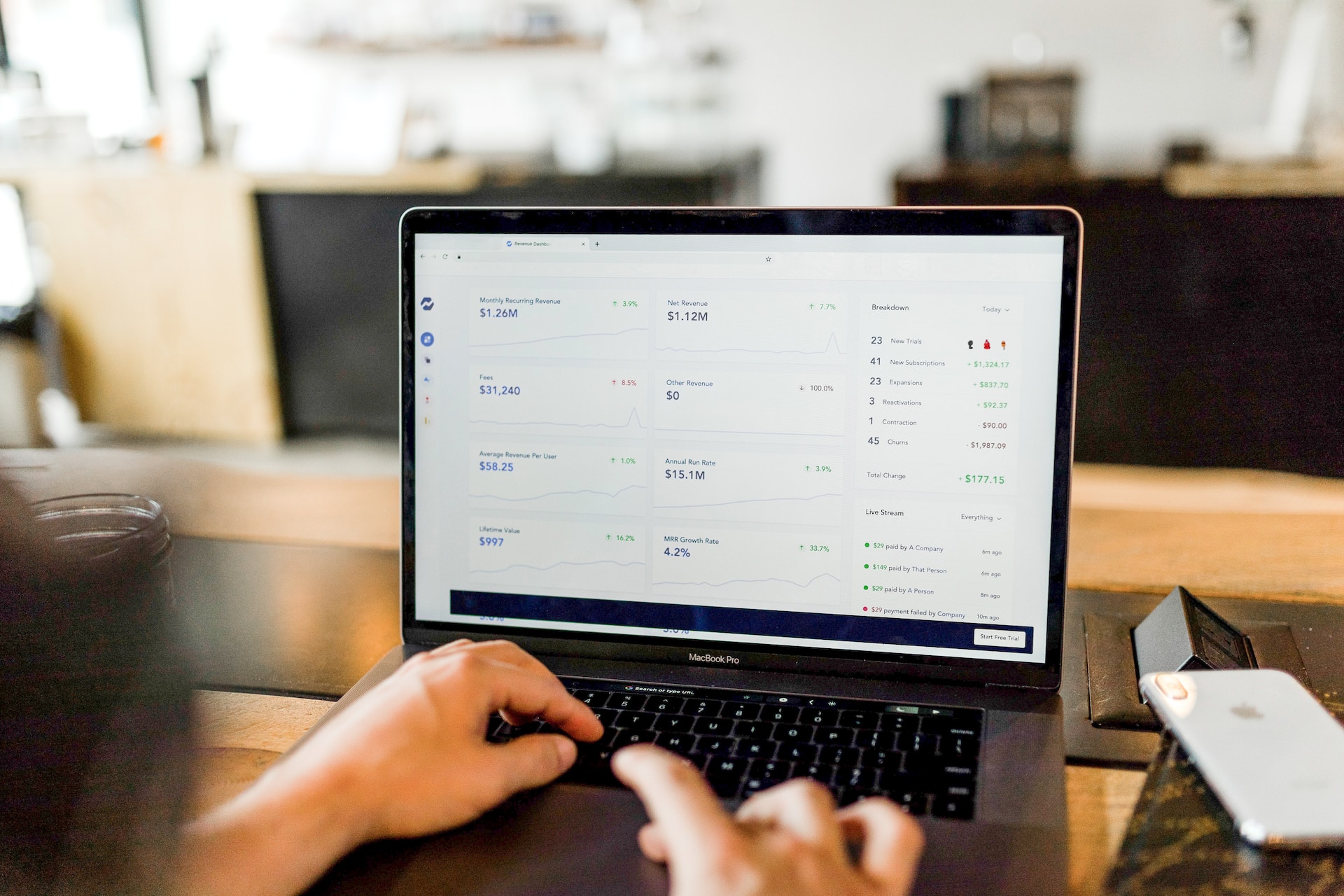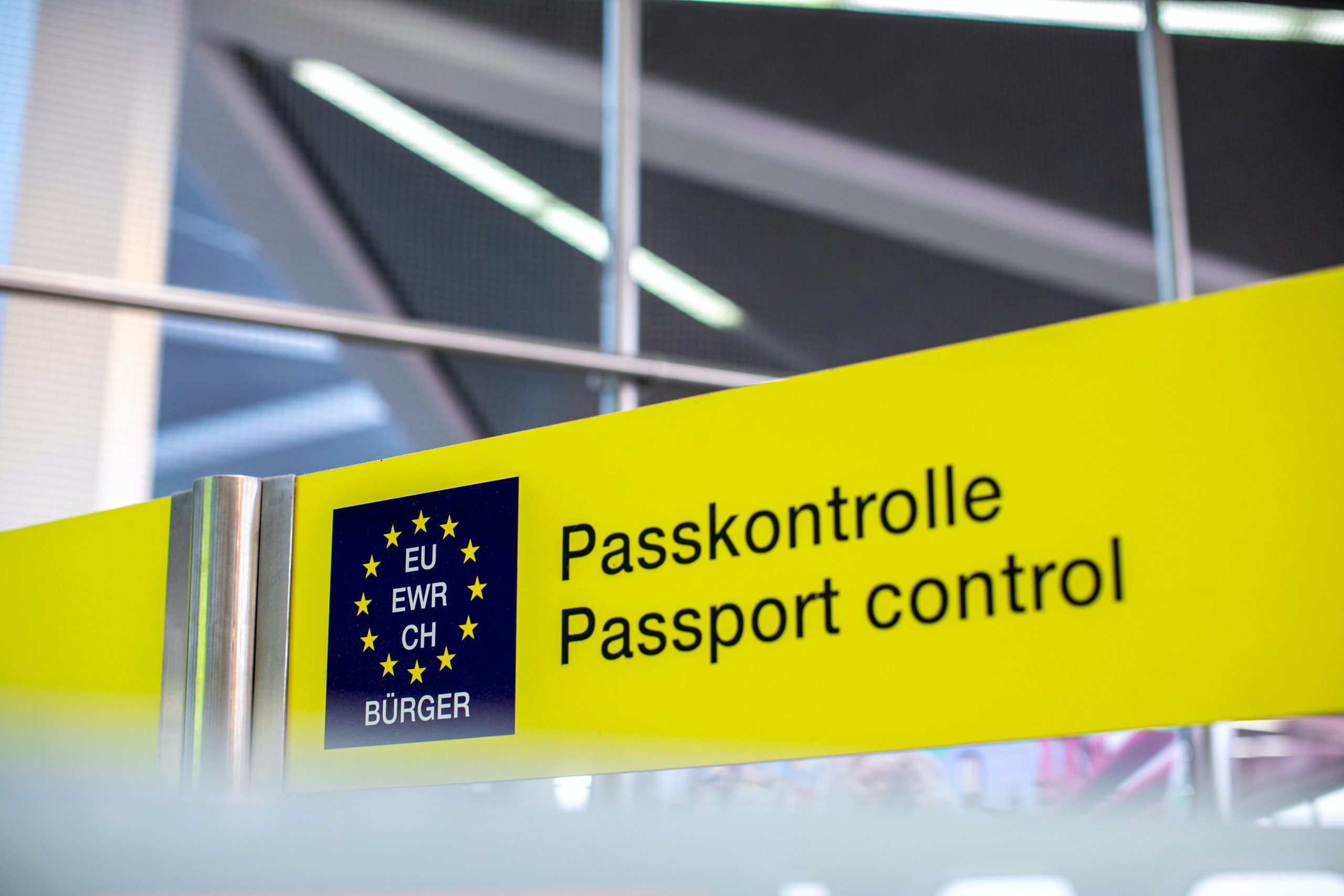Founded by CEO Karim Tahseen Al-Khayat in 2010, Middle East Power focuses predominantly on projects in Beirut, and in Kurdistan-Iraq. The company is a leading energy provider that is committed to achieving the best results in terms of upgrading and updating infrastructure throughout the region, installing a new generation of smart meters while simultaneously operating and maintaining existing grids.
Under Karim Tahsin Al-Khayyat’s stewardship, the company has established a strong reputation in the field of plant rehabilitation, providing clients with full inhouse reconditioning and rehabilitation plans for a full spectrum of power plants, as well as supervising major engine overhauls.
In addition to its waste to energy services, Middle East Power maintains and operates energy plants, scrupulously adhering to internationally recognised best practices for maintenance and operation procedures. The company also supervises major engine overhauls and I&C and electrical maintenance, providing detailed documentation. As an independent power producer, Middle East Power engages with public sector entities, private sector companies, manufacturers and governments to maintain the highest industry standards.
In the field of engineering, procurement and contracting, Middle East Power strategises for the full spectrum of reciprocating engine power plants. The company also offers clients the benefit of its considerable regional and industry expertise through its consultancy services, providing client companies with expert insights on business plans, visibility plans and project evaluations, as well as consulting on energy efficiency and clean energy production.
Middle East Power is currently involved in several ambitious projects in the MENA region. In Lebanon, the company has pioneered a groundbreaking solar farm project, supplying, installing, operating and maintaining a photovoltaic hybrid power plant of 365 kWp.
In Iraq, the Erbil and Dohuk Diesel Engine Power Plants were built by the Danish Company BWS to deliver critical power across the entire province. Over time, both plants suffered significantly due to decreased availability of diesel oil combined with a lack of spare parts, gradually falling into disrepair and resulting in a complete cessation of energy production by 2007.
By the time Middle East Power had been appointed to take over the plants by the Kurdistan regional government’s Ministry of Electricity, the plants’ engines were out of commission, their operating systems having fallen into a state of complete collapse, with staff morale at the plants exceptionally low.
Determined to restore the plants to full power production capacity, Middle East Power updated operation programs and software, transforming the plants’ systems. The energy specialist also put in place a highly skilled team of international professionals to work alongside the plants’ existing staff. The projects were a resounding success, enabling the plants to operate at full capacity. Middle East Power has remained responsible for operations and maintenance since the restoration, delivering much-needed energy across the region.
At the Jiyeh and Zouk Power Plants in Lebanon, Middle East Power spearheaded a similar transformation. Both power plants were shut down for almost seven months without preservation precautions or activities in place.
Middle East Power was assigned operational control in January 2017, setting to work flushing out the systems and conducting mechanical cleaning of the facilities’ waste heat recovery boilers.
Middle East Power rectified design issues overlooked by the contractor, including putting in place computerised maintenance management software, as well as procuring spare parts and reservicing out of service equipment.
Thanks to Middle East Power’s diligent, relentless work and radical goal-orientated approach, both plants were returned to successful operation, delivering energy seamlessly across Lebanon and achieving power availability of 98% for both plants – exceeding Middle East Power’s contractual objective by more than 5%.

